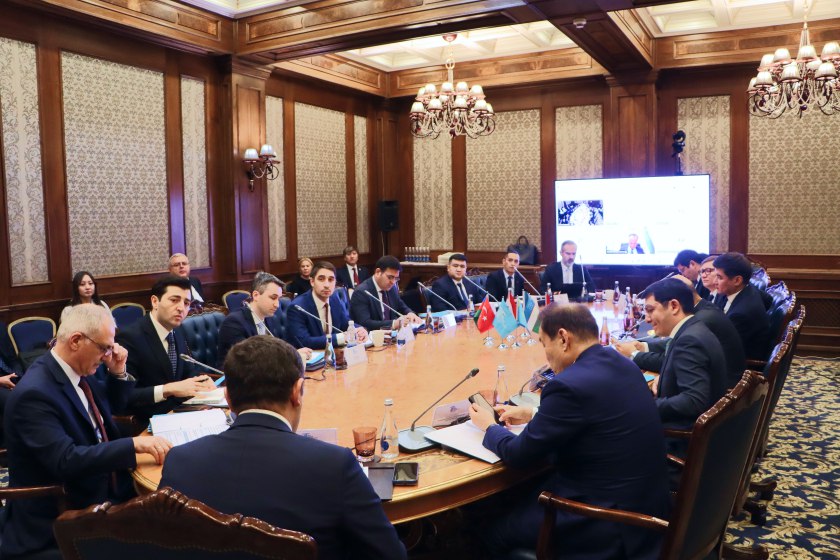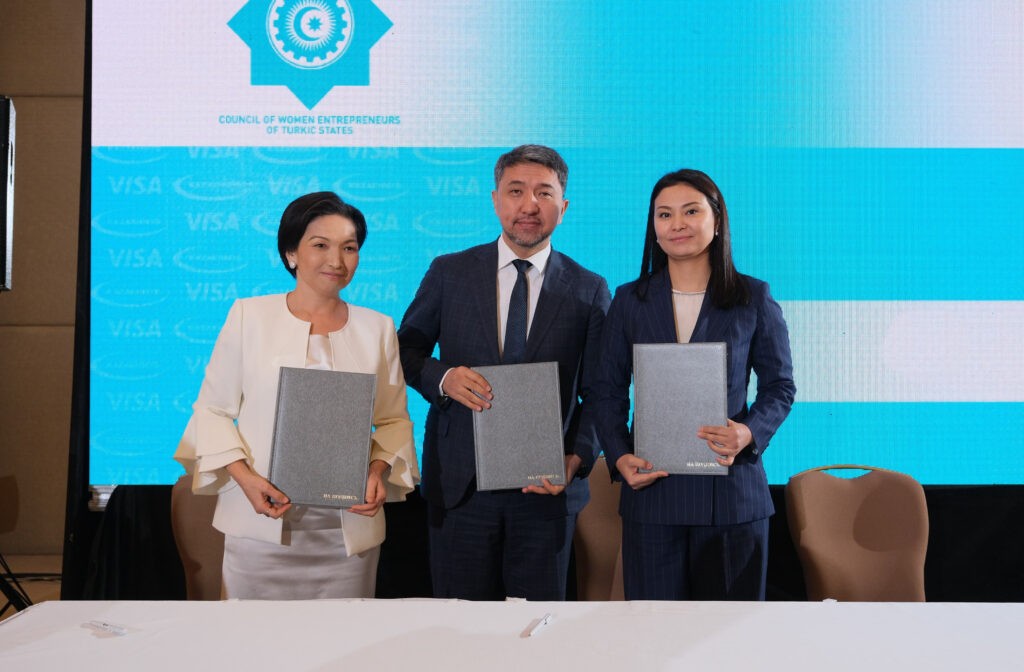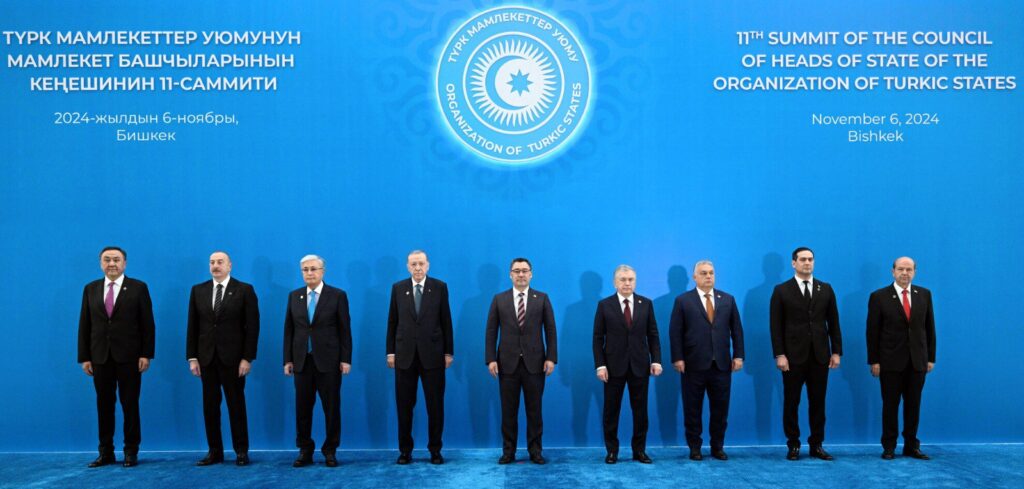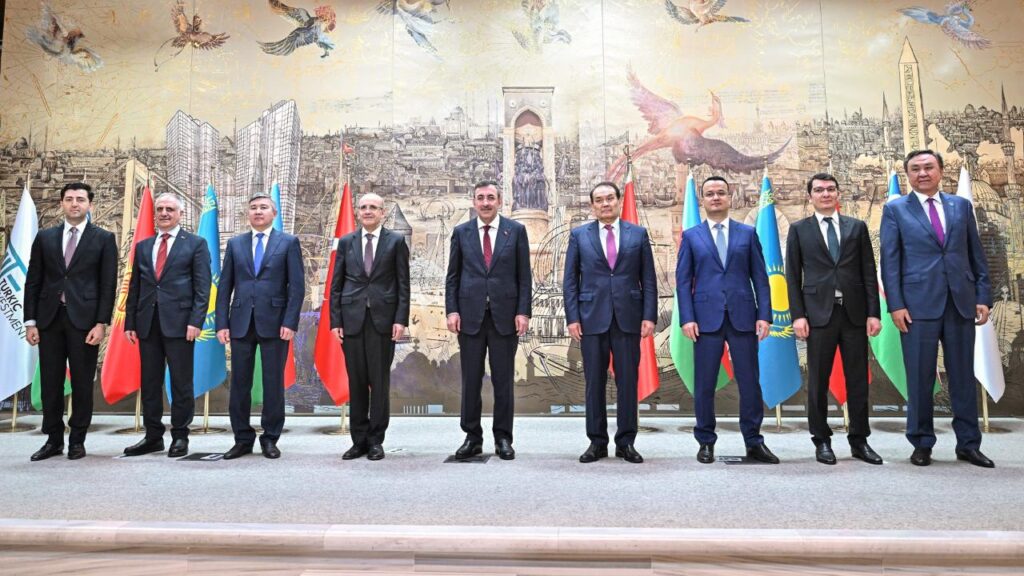Turkic Investment Fund to Launch Operations in Early 2026
At a meeting held in Bishkek on December 5, the Board of Governors of the Turkic Investment Fund (TIF) announced that the Fund will begin its operational activities in the first quarter of 2026. With an initial authorized capital of 500 million dollars and a potential increase to 1.5 billion dollars, the TIF is the first dedicated financial institution jointly established by the Turkic states. Its mission is to enhance economic cooperation, boost intra-regional trade, and support sustainable development across the Turkic world. Headquartered in Istanbul, the Fund will finance major joint projects among member states of the Organization of Turkic States (OTS). The OTS, founded in 2009, includes Azerbaijan, Kazakhstan, Kyrgyzstan, Turkey, Uzbekistan, and Turkmenistan. Hungary and the Turkish Republic of Northern Cyprus participate as observer states. The TIF was officially established during an extraordinary OTS summit in Ankara in March 2023, with Azerbaijan, Kazakhstan, Kyrgyzstan, Turkey, and Uzbekistan as founding members. Hungary joined in June 2024, while Turkmenistan maintains observer status. According to the Board of Governors, the institutional infrastructure required for TIF operations was largely completed in 2025, and preparatory work on a pipeline of investment projects is currently underway. The Board emphasized that the decision to initiate operations reflects growing expectations among member states for the Fund to begin allocating resources and advancing strategic initiatives. During the Bishkek meeting, Uzbekistan’s representative, Laziz Kudratov, Minister of Investment, Industry and Trade, was elected Chairman of the TIF Board of Governors. The Fund will pursue its mandate by offering preferential loans, co-financing projects alongside international financial institutions, and attracting private investment into key sectors of the region’s economies. Following the inaugural meeting of the TIF Board in Istanbul in May 2024, the Turkish Ministry of Finance projected that the combined economic output of the Turkic states would reach $1.9 trillion by the end of 2024, with a population of approximately 178 million.






